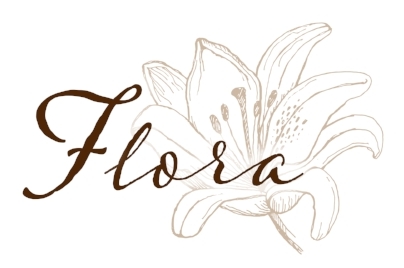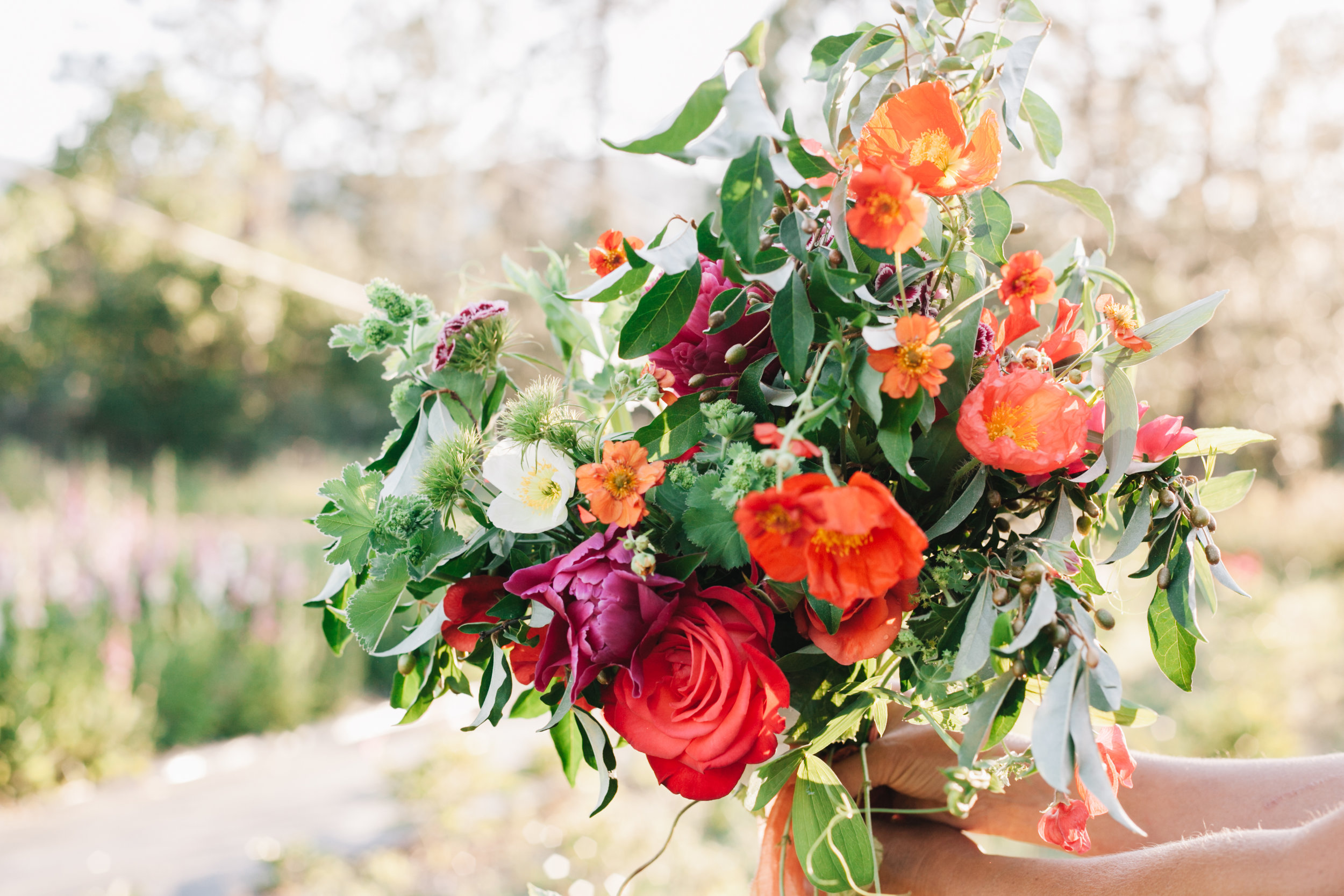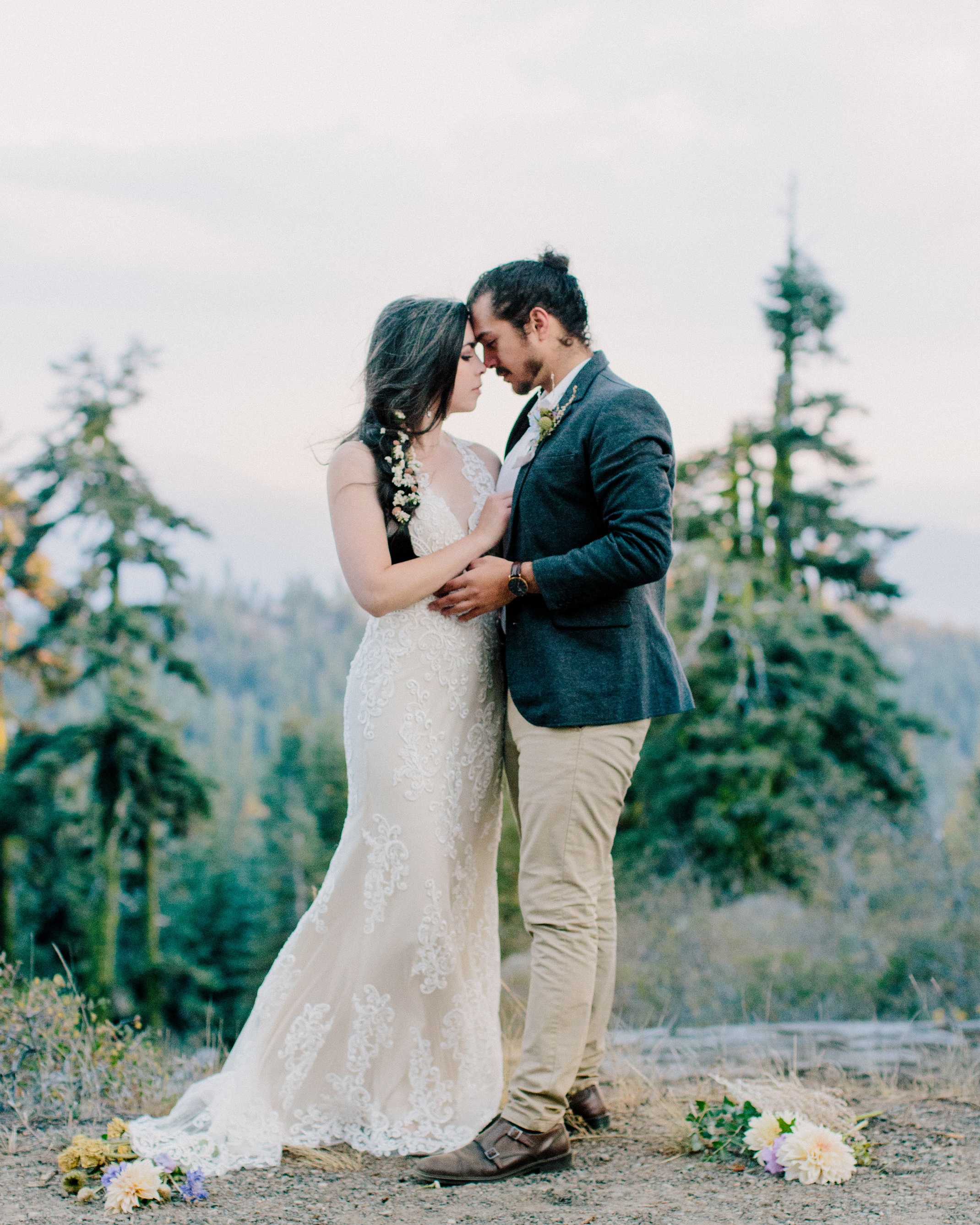What Exactly Are Seasonal Flowers?
As a flower farmer, it has taken me years of trial and error, observation, and perseverance to understand what flowers can be grown in the Rogue and Applegate Valleys of Southern Oregon, and when they can be grown. “Seasonal flowers” is a term that refers to the window of time when a flower naturally blooms in a given locale. Sometimes that window can be extended with artificial climate controls, and these controls have varying degrees of environmental impact. For example, I choose to grow some of my flowers in unheated greenhouses or low-tunnels (a short, temporary greenhouse). But, because I am committed to sustainable farming methods, I don’t use additional fossil fuels to heat or cool my greenhouses to make the “season” of a flower start earlier or last longer.
Also, “seasonal flowers” is a term that has emerged in contrast to what’s available in the global flower marketplace. That’s because flowers, for most people, are purchased from grocery stores, florists and on-line distributors relying on the global flower trade. Because the global flower trade involves flowers grown in all kinds of climates across the world, consumers in the U.S. can obtain, for example, roses and peonies in the Winter and chrysanthemums in July. The convenience of flowers out-of-season comes at a cost though--in South America, Africa, the Middle East, and other far-off regions of the world, flowers are grown by low-paid farmers and doused with chemicals banned in the United States. In fact, in the United States, over 80% of the flowers sold come from outside our country.
However, this doesn’t have to be the case. For brides and floral designers who care about where their flowers come from, they’re in luck. There is currently a renaissance underway among American Cut-Flower Growers—under the banner of #slowflowers, a plethora of small farms across the U.S. is emerging with a focus on growing high-quality, impressively diverse seasonal flowers. Here in Southern Oregon, there are around 10 flower farms of varying size that provide flowers to their clients from March through October.
Wedding Favorites by Season in Southern Oregon
March to May. Spring in the Rogue and Applegate Valleys gives way to some of our most exquisite focal flowers all year: anemones, tulips, ranunculus, daffodils, lilacs, and Iceland poppies are at the top of the list. Some noteworthy supporting flowers include hellebores, foxgloves, campanulas, and sweet peas. Also, flowering branches like dogwoods, quince, and spirae bloom this time of year.
Mid-May to June. This period of time marks the transition from cool-season flowering perennials dominating the spotlight to the time of year when heat loving annual flowers are the show-stoppers. Garden roses, lilies and peonies are the darlings of this period. Some examples of secondary flowers of import include stock, scabiosa, and snapdragons.
July-October. The long stretch of our high heat months brings an incredible diversity of flowers and foliage. The most notable focal flower of this period is that queen of Summer—the dahlia. Some other popular flowers for brides include zinnias, sunflowers, lisianthus and china asters. When the weather begins to cool again in September, the garden roses flush a second time. At the end of the season, magnificent chrysanthemums come into bloom.
At my farm I grow well over 100 different types of flowers and foliage throughout the year, so the above list is, by no means, exhaustive. The abundance of blooms is totally inspiring! I revel in the colors and textures, and feel motivated to create wildly beautiful bouquets and design floral installations that express a flowing, organic aesthetic. Brides and designers can purchase DIY buckets directly from my farm and have their own fun with local, seasonal blooms. There are flowers available in Southern Oregon most of the year to match any wedding color palette or theme. Even in the off-season, wedding planners can obtain locally-grown dried flowers to incorporate into their floral designs. So, with a little advanced planning, you too can design (or hire a professional to design) your wedding flowers to reflect the natural beauty of our bioregion by sourcing your flowers from a local farm.






